Veklury, known by its generic name Remdesivir, is a pharmaceutical medication used for the treatment of certain viral infections. It gained widespread attention and approval for the treatment of COVID-19, particularly in severe cases. Here is a detailed description of Veklury (Remdesivir):
1. Mechanism of Action:
- Antiviral Activity: Remdesivir is a broad-spectrum antiviral drug that inhibits the replication of certain viruses. It functions by acting as a nucleotide analog. When it enters infected cells, it gets incorporated into the growing viral RNA chains, leading to premature termination of viral RNA synthesis. This disrupts the virus’s ability to replicate and spread within the body.
2. Indications:
- COVID-19 Treatment: Remdesivir gained emergency use authorization and approval in various countries, including the United States, for the treatment of COVID-19 in hospitalized patients with severe disease. It is generally considered for individuals with lower oxygen levels or requiring supplemental oxygen, but it may also be used in certain moderate cases.
- Other Viral Infections: Outside of COVID-19, Remdesivir has been studied for its potential effectiveness against other viral infections, including Ebola virus disease.
3. Administration: Remdesivir is administered as an intravenous (IV) infusion. The dosing regimen, duration, and frequency of administration may vary depending on the specific condition being treated and the patient’s individual needs.
4. Effectiveness:
- COVID-19: Clinical studies and real-world experience have shown that Remdesivir can help reduce the duration of hospitalization and may improve clinical outcomes in some patients with severe COVID-19. However, its effectiveness in moderate and mild cases remains a topic of ongoing research and discussion.
- Other Viral Infections: In the context of Ebola virus disease, Remdesivir has demonstrated some efficacy in clinical trials.
5. Safety Profile: Like all medications, Remdesivir may have potential side effects. Common side effects can include nausea, vomiting, and elevated liver enzymes. Serious side effects are rare but can include kidney problems and infusion-related reactions. Patients should discuss potential side effects and any concerns with their healthcare providers.
6. Monitoring: Patients receiving Remdesivir will require regular monitoring of their vital signs, laboratory tests (such as liver and kidney function), and overall health to ensure that they are responding well to treatment and to detect and manage any potential side effects.
7. Contraindications: Remdesivir is generally not recommended for individuals with known hypersensitivity to the drug or those with severe liver impairment.
Remdesivir (Veklury) has played a significant role in the treatment of COVID-19 and has been a focus of global efforts to combat the pandemic. It is essential for individuals with COVID-19 or other viral infections to work closely with their healthcare providers to determine the most appropriate treatment options based on their specific condition and needs. The use of Remdesivir may be subject to local guidelines and availability.

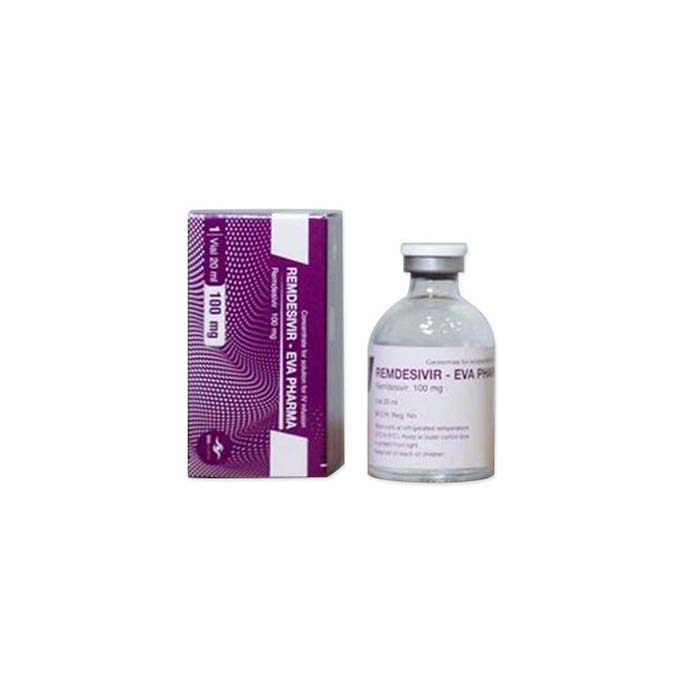
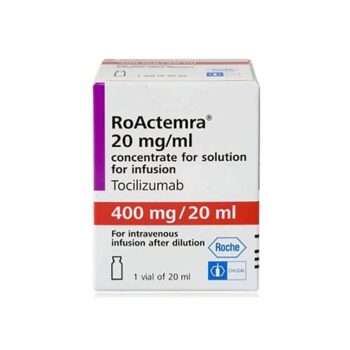
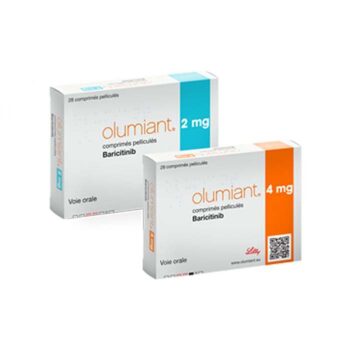
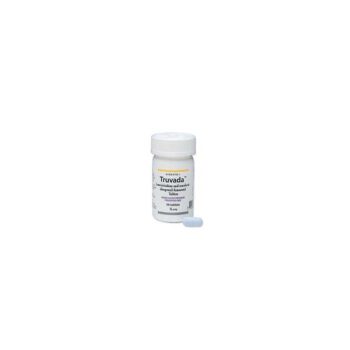
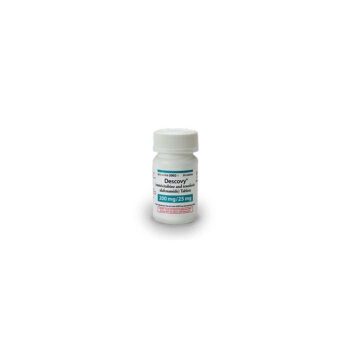
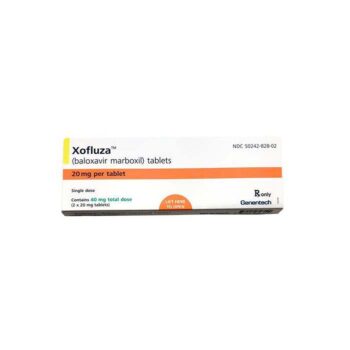
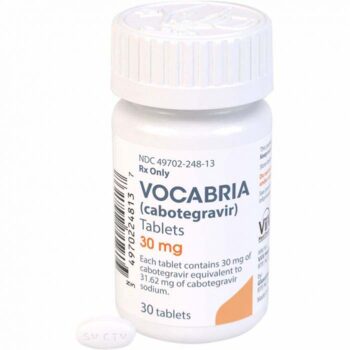
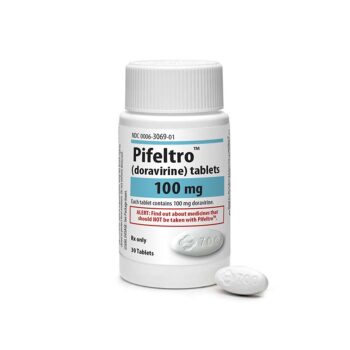


Reviews
There are no reviews yet.